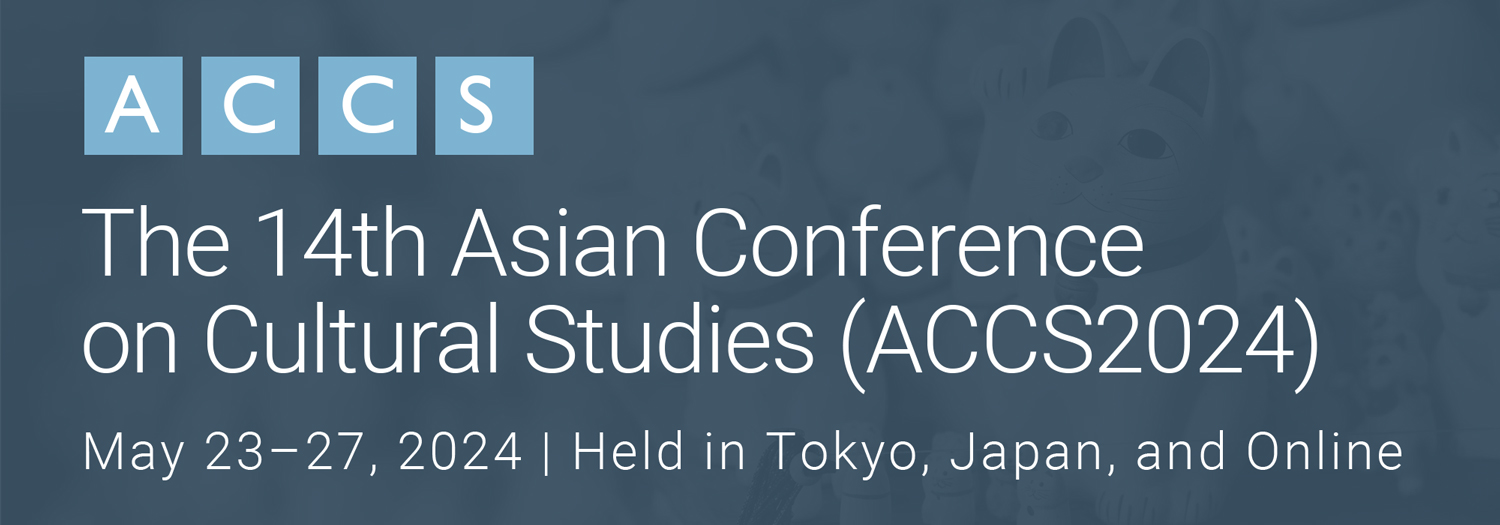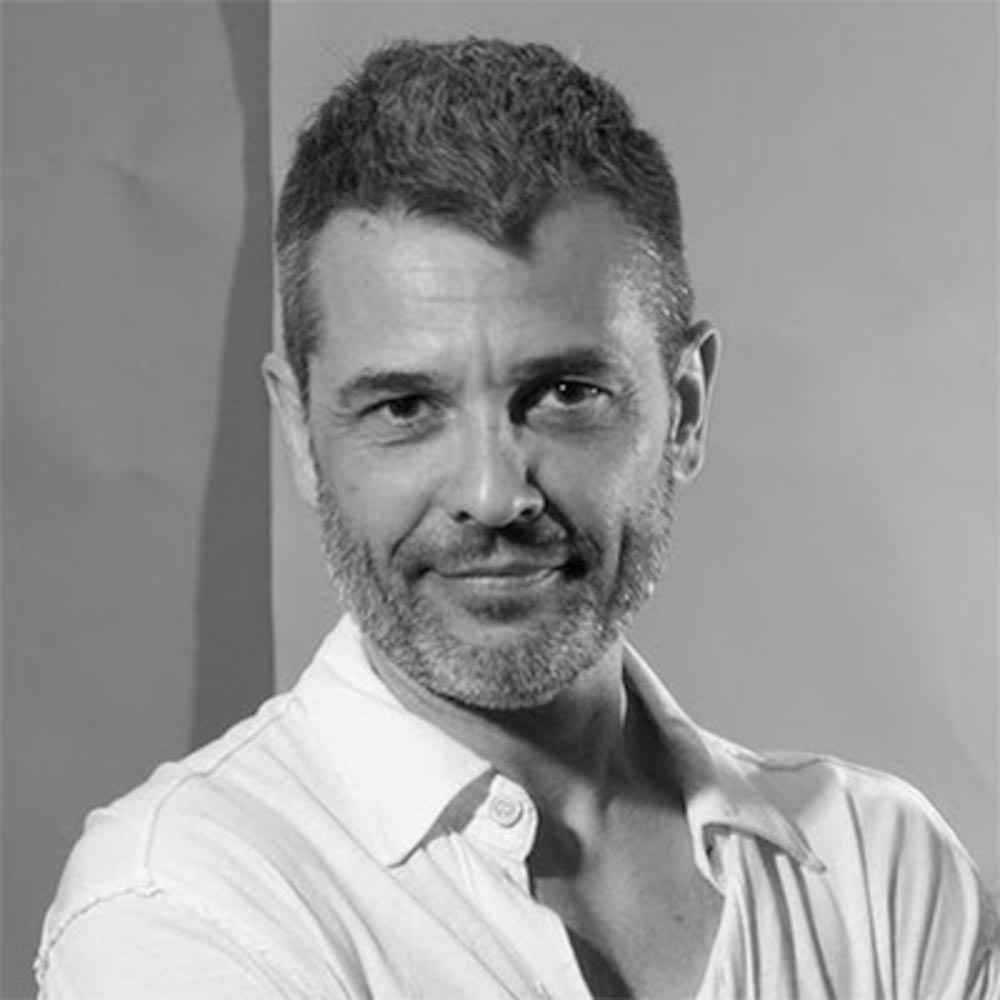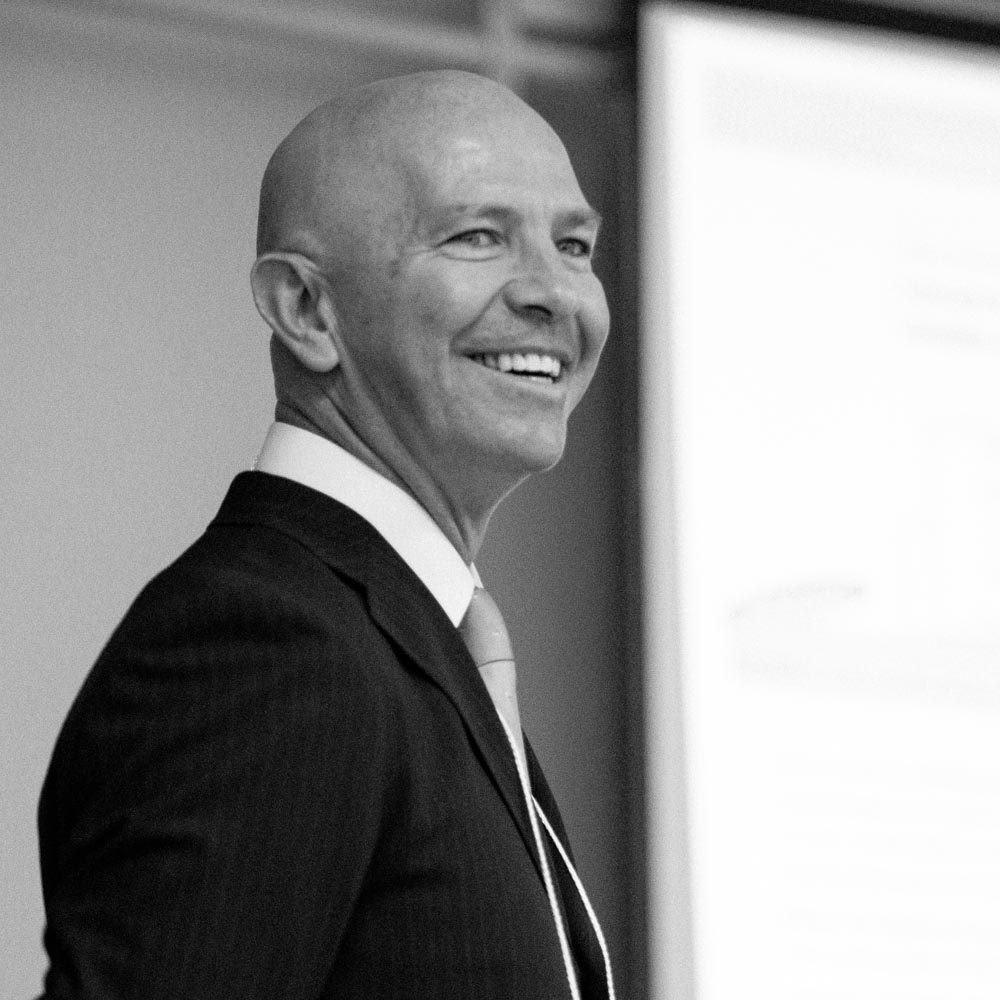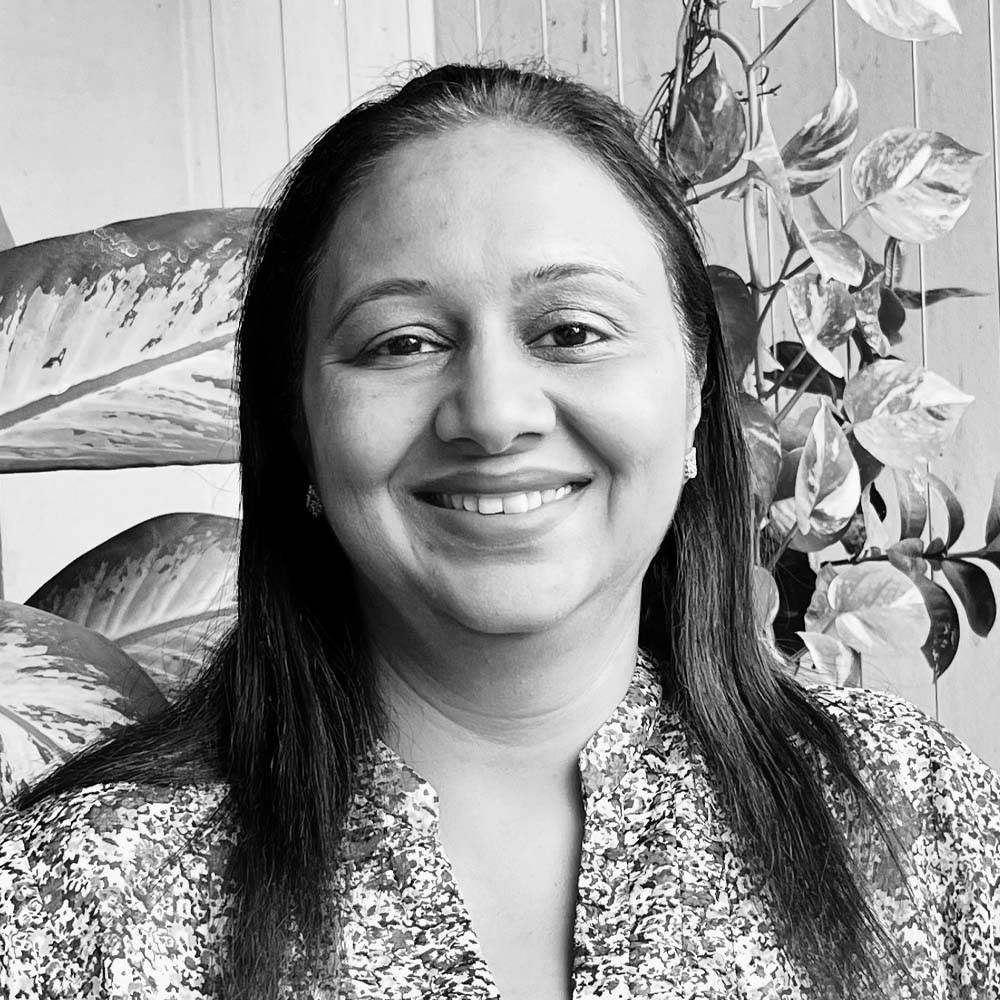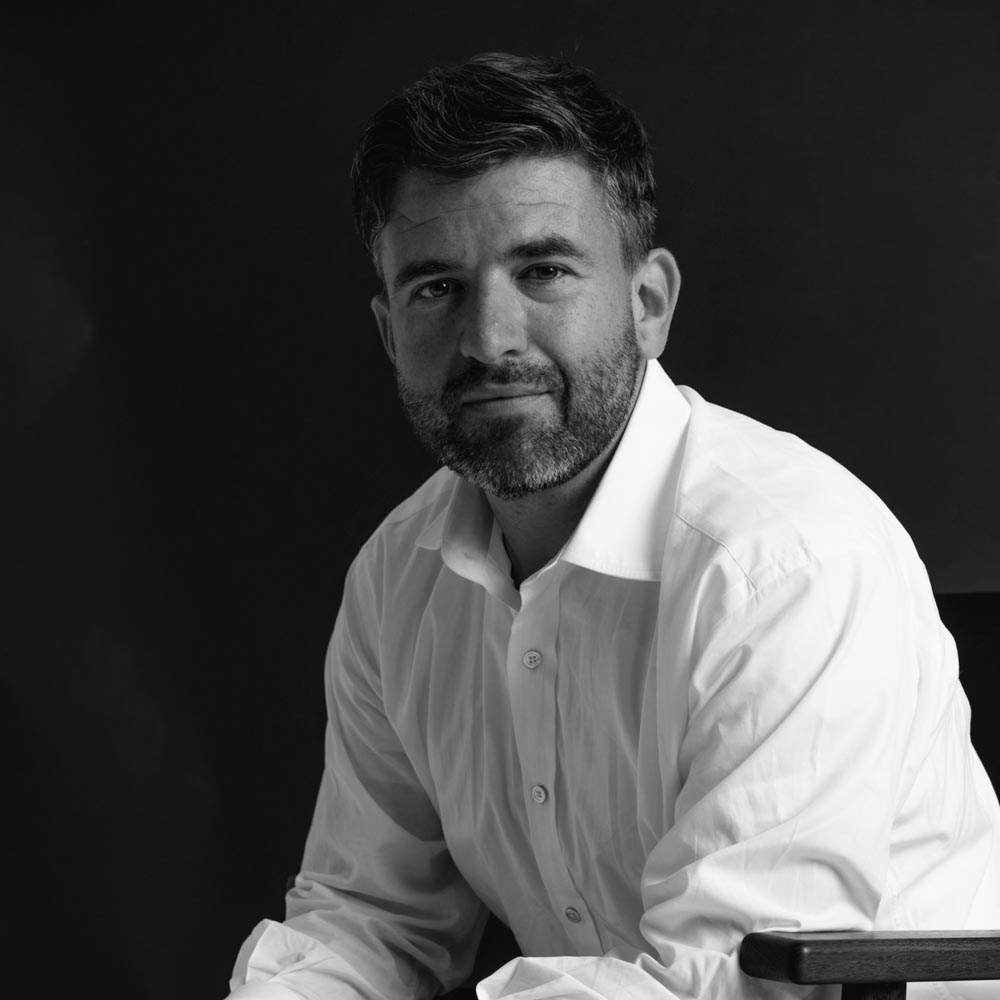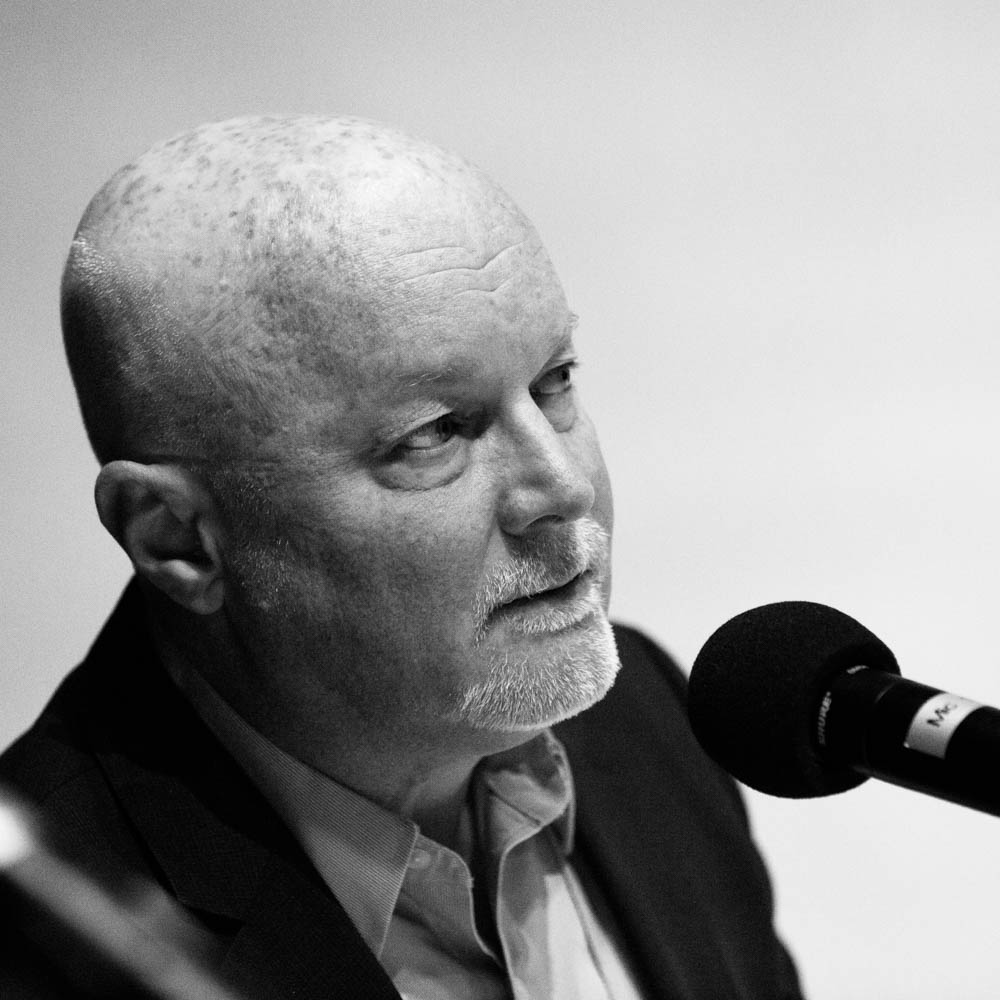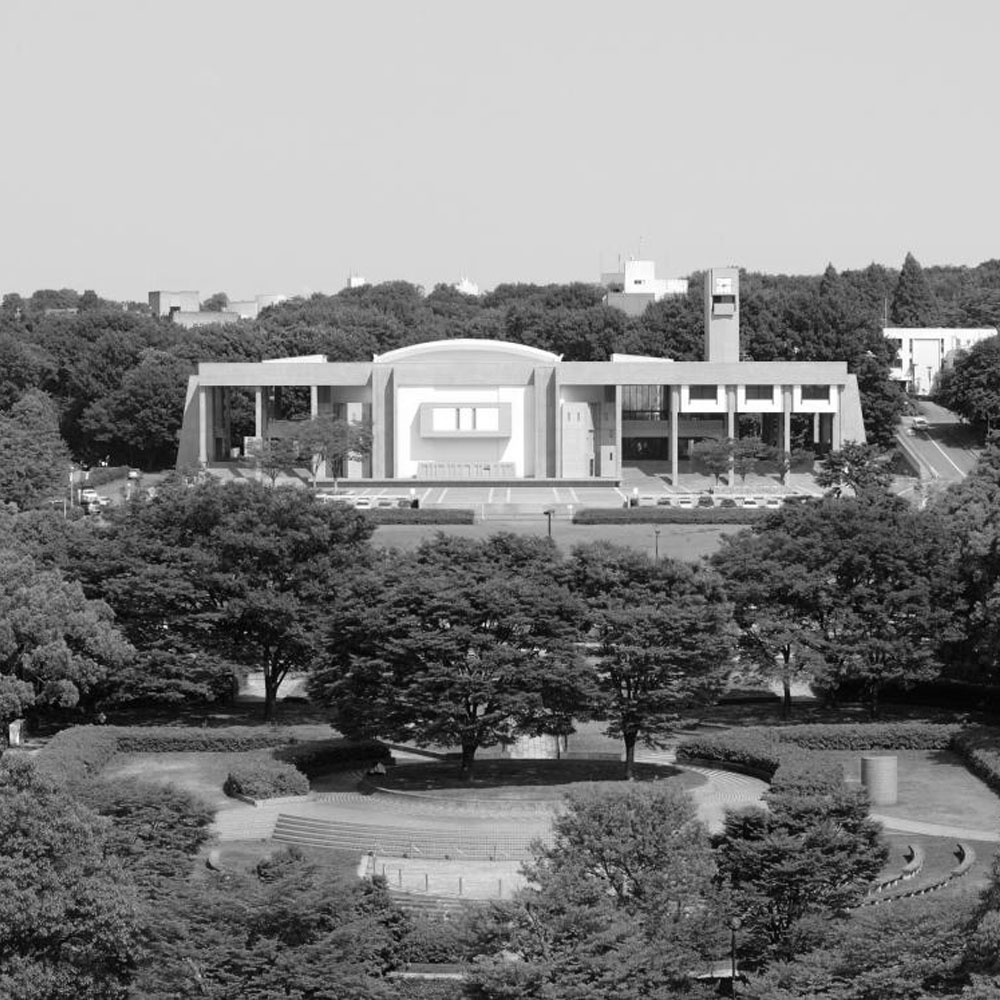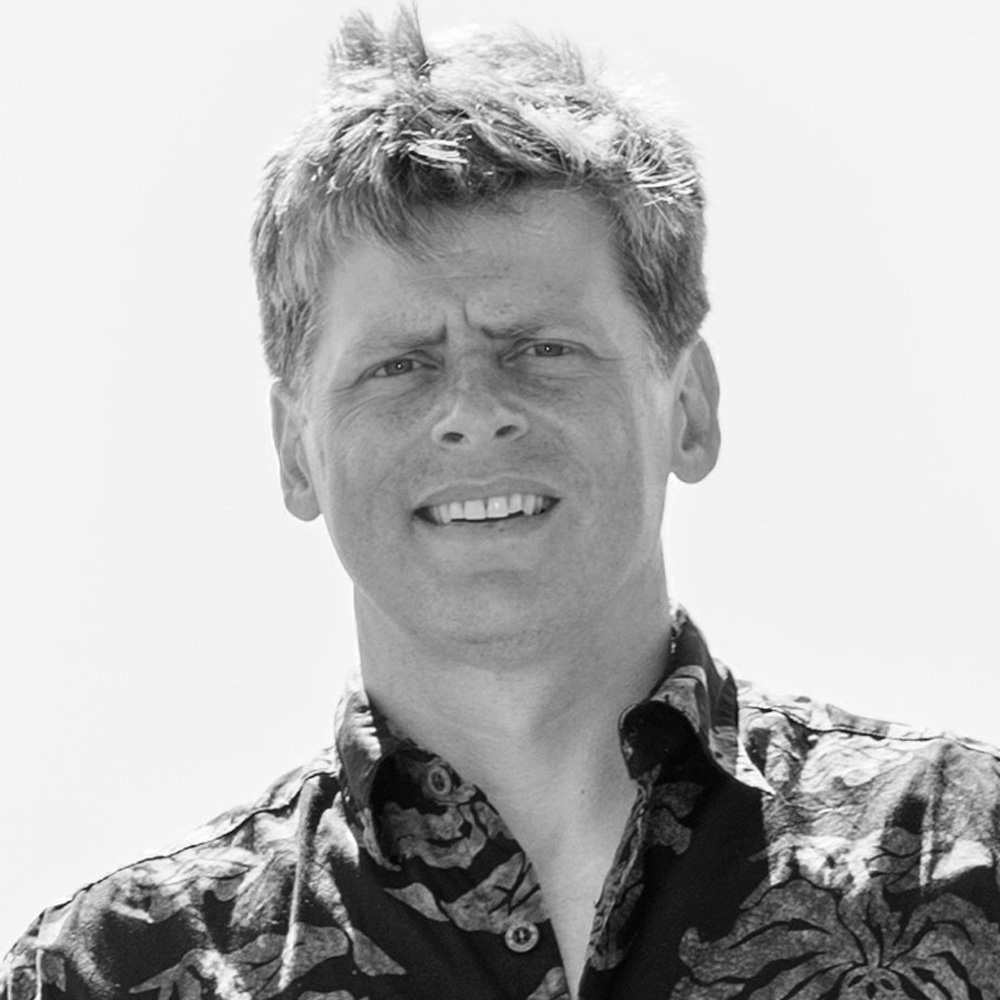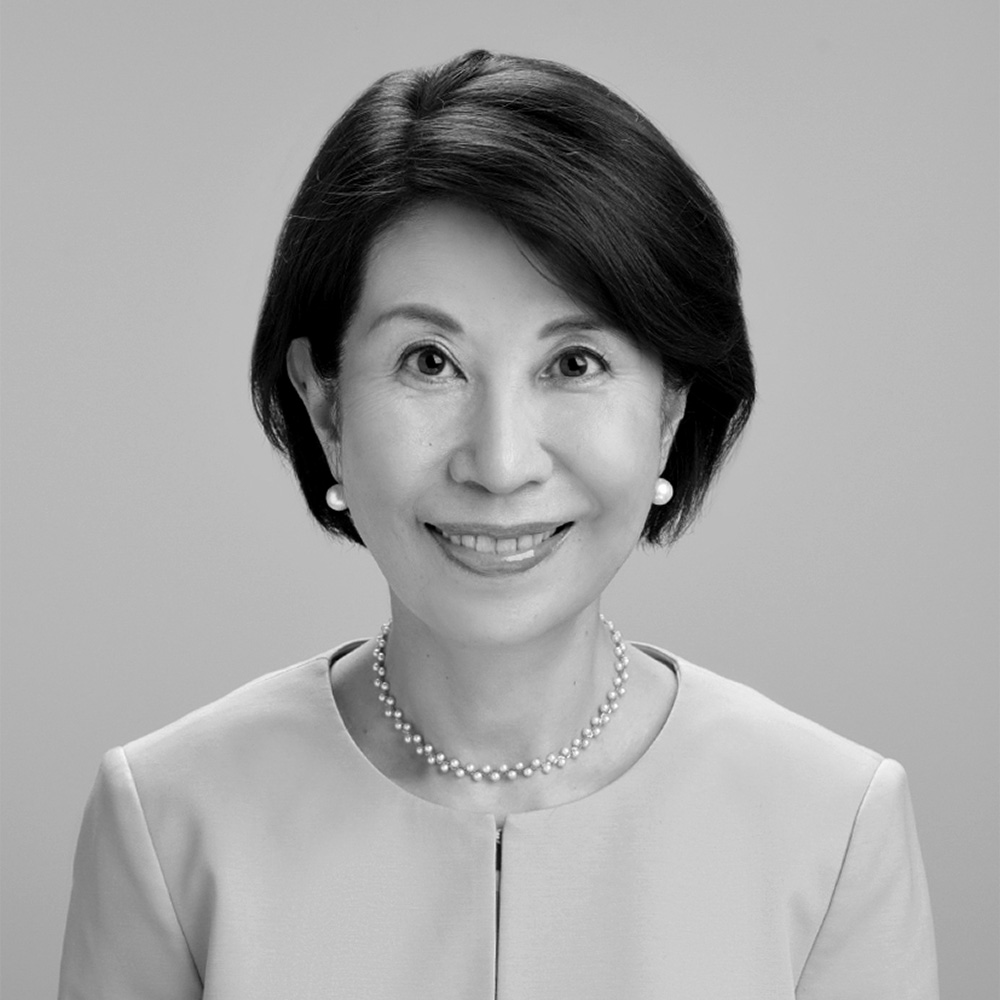The Asian Conference on Cultural Studies (ACCS) is an interdisciplinary conference held alongside The Asian Conference on Arts & Humanities (ACAH) and The Asian Conference on Social Sciences (ACSS). Keynote, Featured and Spotlight Speakers will provide a variety of perspectives from different academic and professional backgrounds. Registration for either conference will allow delegates to attend sessions in the other.
This page provides information about presenters. For details of presentations and other programming, please visit the Programme page.
Speakers
-
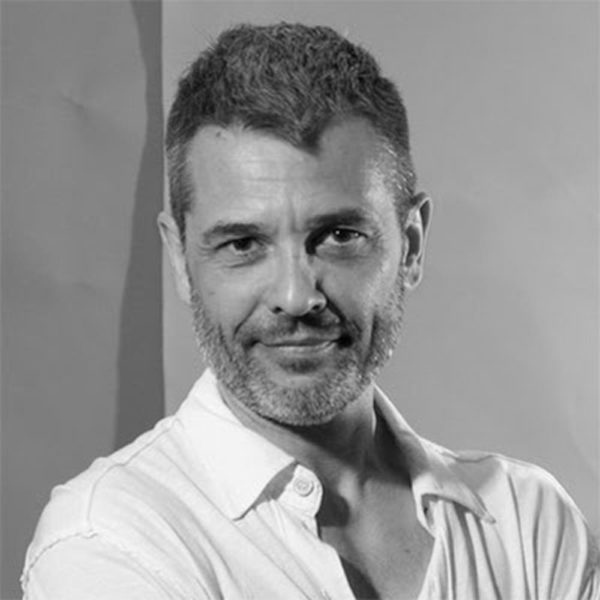 Umberto AnsaldoCurtin University, Australia
Umberto AnsaldoCurtin University, Australia -
 Grant BlackChuo University, Japan
Grant BlackChuo University, Japan -
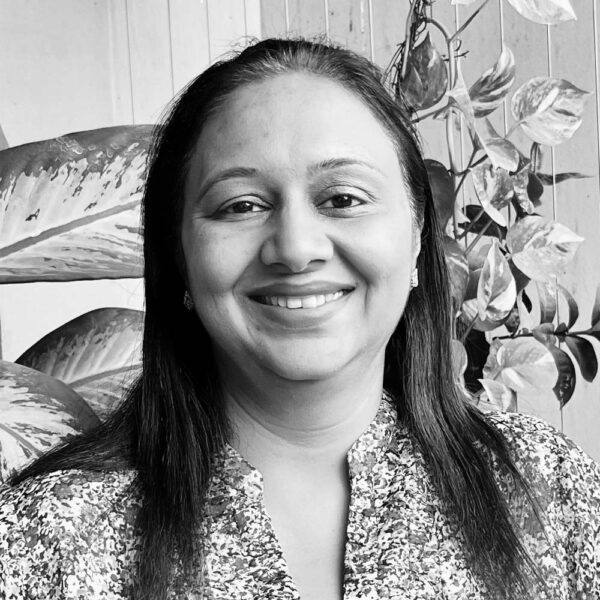 Ishmeet Kaur ChaudhryCentral University of Gujarat, India
Ishmeet Kaur ChaudhryCentral University of Gujarat, India -
 Johan EdelheimHokkaido University, Japan
Johan EdelheimHokkaido University, Japan -
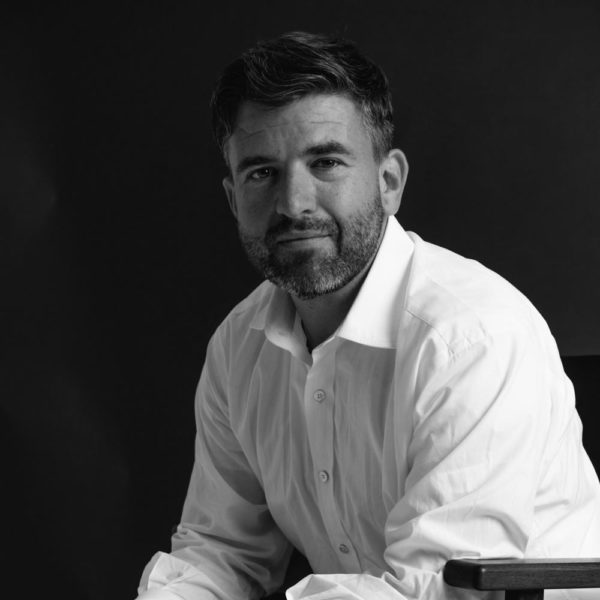 Joseph HaldaneThe International Academic Forum (IAFOR), Japan
Joseph HaldaneThe International Academic Forum (IAFOR), Japan -
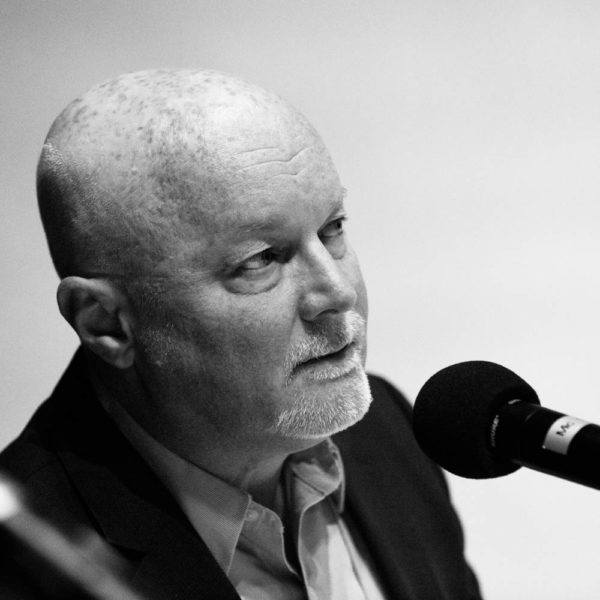 Donald E. HallBinghamton University, USA
Donald E. HallBinghamton University, USA -
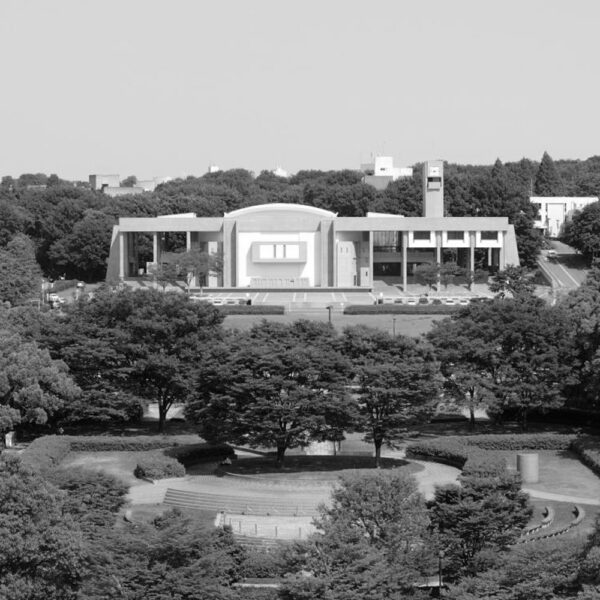 Ayako HaradaNagoya University Graduate School of Law, Japan
Ayako HaradaNagoya University Graduate School of Law, Japan -
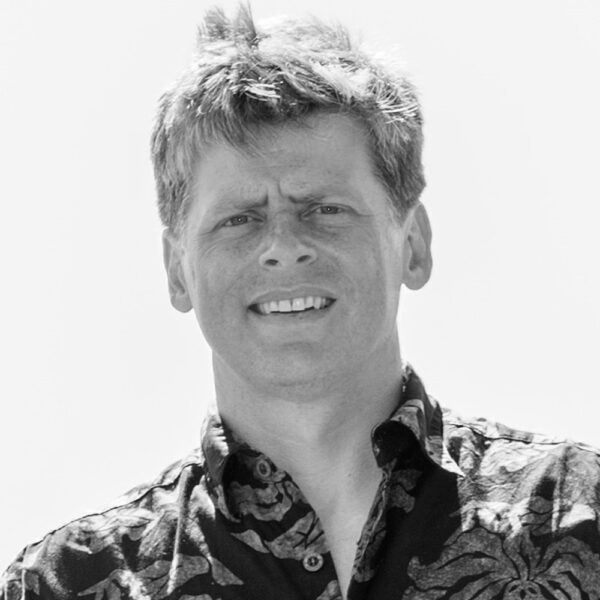 Thor KerrCurtin University, Australia
Thor KerrCurtin University, Australia -
 Timothy LangleyLangley Esquire, Japan
Timothy LangleyLangley Esquire, Japan -
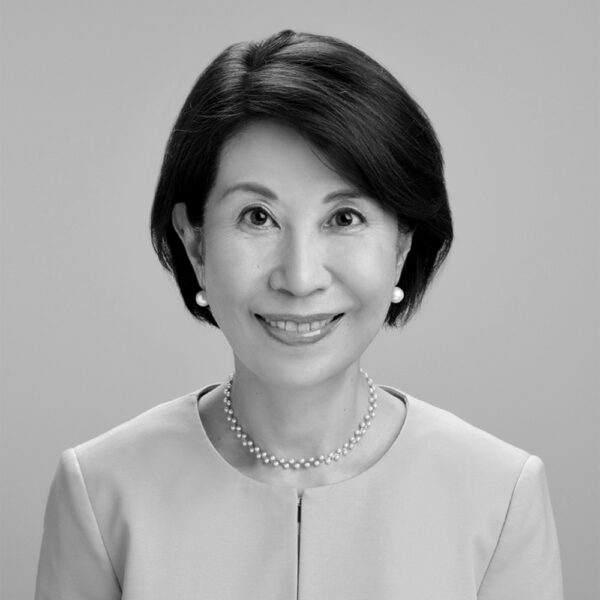 Noriko OdagiriTokyo International University, Japan
Noriko OdagiriTokyo International University, Japan
Become a Speaker
Excellent plenary speakers are central to our conferences, ensuring that timely, innovative and engaging content is presented to our audiences around the world. If you would like to be considered for a speaking slot at one of our conferences, please apply below.
Previous Speakers
View details of speakers at past ACCS conferences via the links below.
